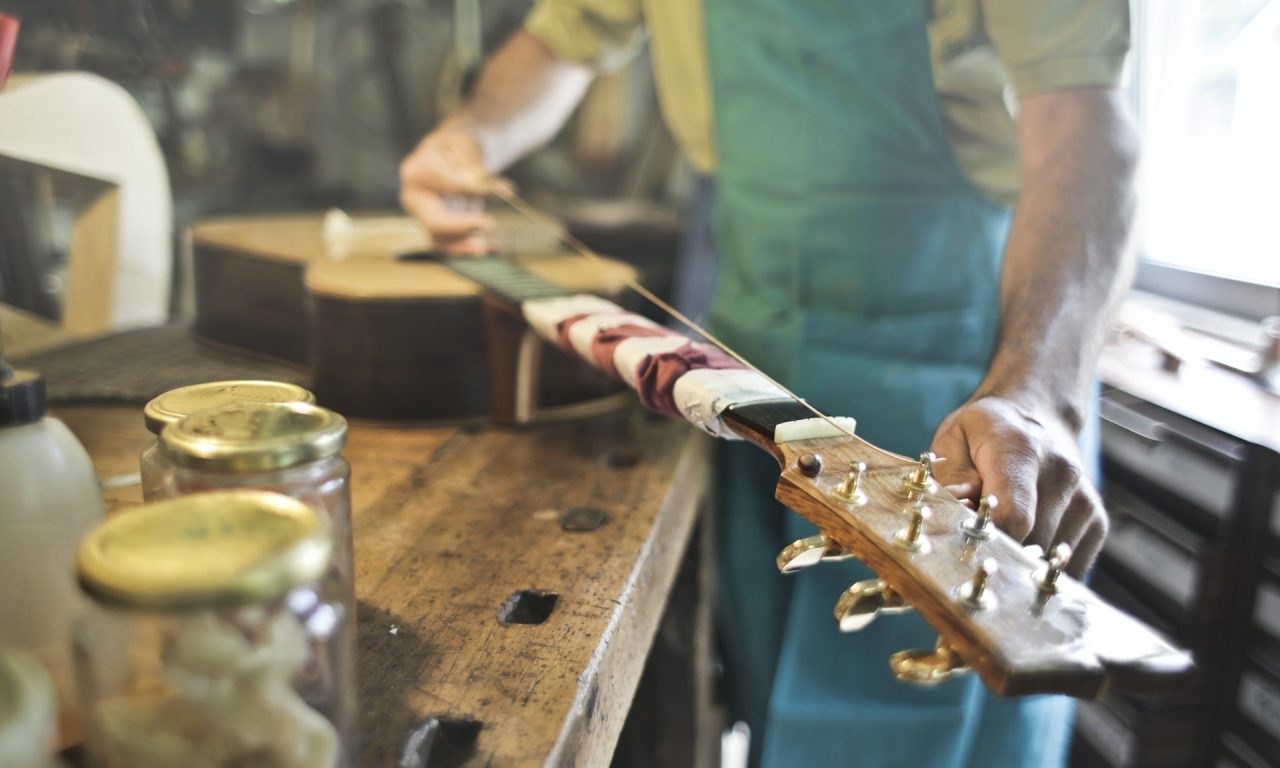When creating a product to sell – whether it be a dog toy or an engagement ring – you have two options: manufacture the product yourself or outsource a manufacturer. Both options have their pros and cons and so it’s worth weighing up which is right for you.
Some companies shift from one to the other as they grow, while others stick with one method. Below are just some of the questions to ask yourself to determine whether you should manufacture your own product.
Can you afford the equipment?
Manufacturing a product yourself will require investing in certain equipment. The level of equipment you need will likely depend on the scale at which you plan to sell your product.
For instance, if you’re making your own jam to sell locally in small amounts, you may be able to prepare and bottle it up by hand with nothing more than a preserving pan and a funnel. However, if you’re looking to sell it in volume you may need to invest in industrial cookers and pasteurizers and potentially a labelling machine.
The equipment may be very costly to buy. While there may be options such as buying on finance, you may not be prepared to take on this debt. Outsourcing a manufacturer to mass-produce your recipe using their equipment could work out cheaper up front (this article at Startups delves more into outsourcing food manufacturers).
Could you save money in the long run by manufacturing yourself?
While manufacturing a product oneself can be more costly initially, it could work out cheaper in the long run to handle your own manufacturing. When outsourcing a manufacturer, you end up paying a monthly fee that pays for the company’s overheads. When manufacturing a product yourself, you may only have to worry about paying back loans on machinery – once these are paid off, there are few fees to worry about other than maintenance and energy bills, making it the cheaper option over time.
Do you know how to manufacture your product?
If you’re designing a product yourself, it’s likely you have a fundamental idea of how to build it. However, there may be individual parts that you do not know how to manufacture yourself.
This is commonly the case in electronics. You may have designed a new smart burglar alarm, but may find that you need a personalized integrated circuit. This could involve having to outsource a semiconductor manufacturer such as TSMC to produce this circuit board if you have no idea how to produce one yourself. You may still choose to manufacture the majority of the product yourself, but may simply need to outsource the expertise of third-party manufacturers for certain parts.
Are you a bespoke service?
If you plan to personalize your product per customer, it might make sense to handle manufacturing yourself. This allows you to more easily alter each product to fit the needs of each individual client.
Most outsourced manufacturers prefer to work with mass-produced ready-made products, but there are some that offer custom services. Customizing each individual order is likely to involve constant communication between the seller and manufacturer, which may be inconvenient if you have lots of orders to complete.
Having your own on-site factory allows you to program machinery and make adjustments yourself without having to constantly relay information to someone. It could reduce errors and be a lot less costly (a third party manufacturer will likely charge a lot for bespoke manufacturing). It could also be essential to your brand integrity if you’re selling an artisan product.
This is a contributed post.
Discover How We Help Startups Scale To 100,000 Users And Beyond.
Enter your info below, and we’ll send you a complimentary white paper that shows you exactly what you need to do to scale your startup.

